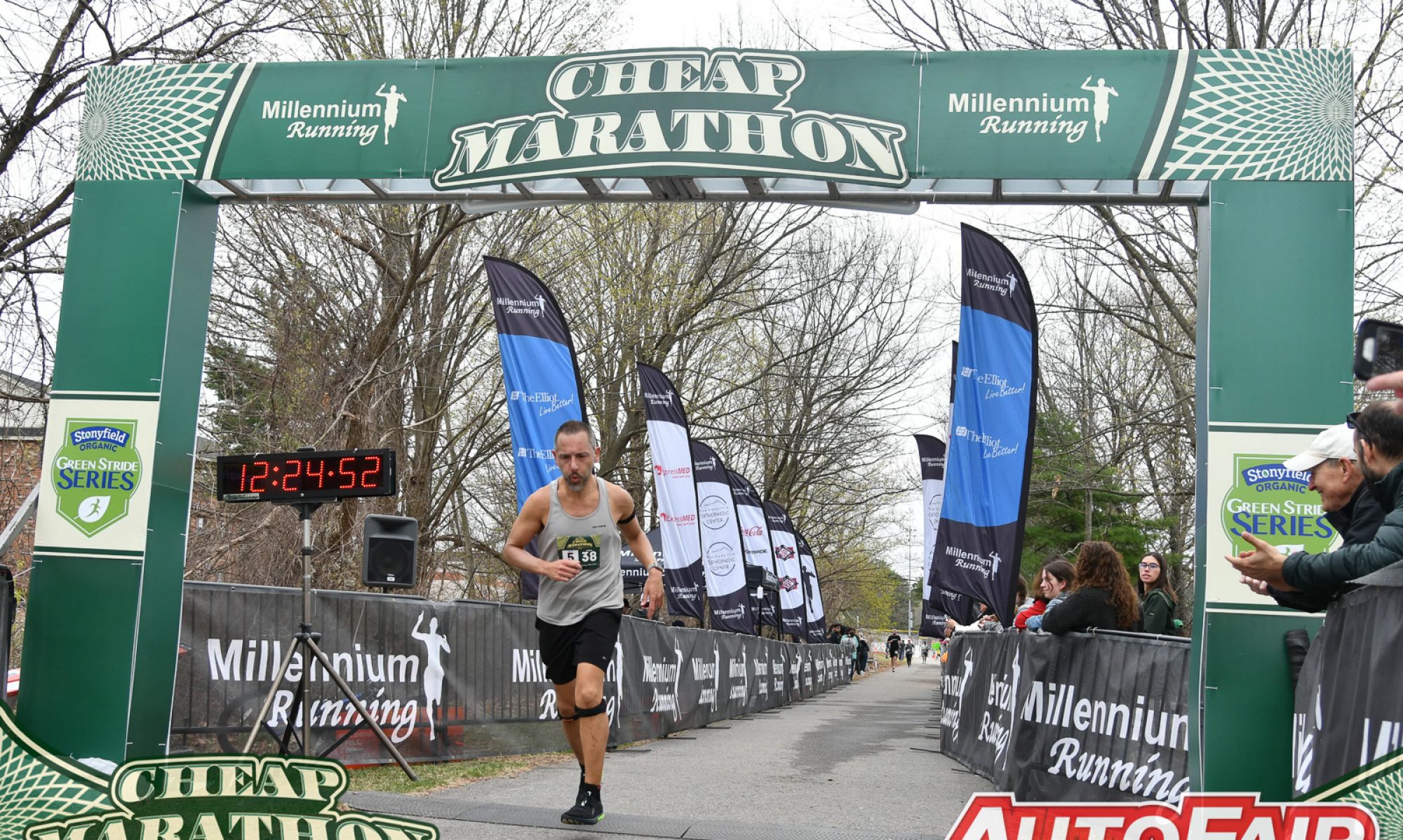Nick Nikolaidis, aged 78, of Bethel, Vermont, passed away peacefully on Friday, March 29. He was born on May 31, 1945 in Athens, Greece to Anna and Miltiatis Nikolaidis.
Nick immigrated to America in 1963. He embodied the immigrant’s American Dream, arriving in New York City with $20 in his pocket. His first job was at Morgan Guarantee (Later JP Morgan/Chase). In 1966, Nick met Heidi Boepple on a blind date in New York City. They married in 1968.
While driving through New England one weekend, Nick and Heidi became enamored with central Vermont. Rather than spending their savings on a planned vacation to Aruba, they bought a one-room cabin in Bethel. It was their primary residence for more than fifty years. They owned and operated the Buckboard Restaurant in Randolph in 1976, and later the Black Forest Café and Caterers in Bethel. Nick worked in the foodservice industry for his entire adult life, including time spent catering at the Green Mountain Horse Association in South Woodstock, VT and weddings, parties, and auctions.
Nick’s favorite pastime was collecting postcards. He was an active member of several postcard and stamp clubs. He can be fondly remembered sharing his love of this hobby at the Bethel Forward Festival. He was a founding member of the Bethel Business Association, a longtime member of the Bethel Historical Society, and an active member in the Bethel Town Hall restoration project.
For the past 8 years Nick showed his love and dedication to Heidi through his diligence and care after her stroke. She was able to live in her own home for the majority of that time because of Nick’s unwavering devotion.
He is survived by his wife, and his son, Peter, whom he referred to as his “pride and joy.”
A memorial service will be held at the United Church of Bethel at 2 pm on Friday, April 19th, 2024 with Pastor Thomas Harty officiating. A reception will follow at the White Church. The service will also be livestreamed via YouTube.
The family would like to extend their heartfelt thanks to Gifford Medical Center, Dartmouth Hitchcock Medical Center, and the Cedar Hill Nursing Home for their support and care during Nick’s final days. Special thanks to Craig and Tonia Pratt for their years of loving care for Nick and Heidi.
Nick showed care by providing delicious food (especially spanakopita) for his loved ones and community. His passion for good food, wine, and the Bethel community will be sorely missed.
